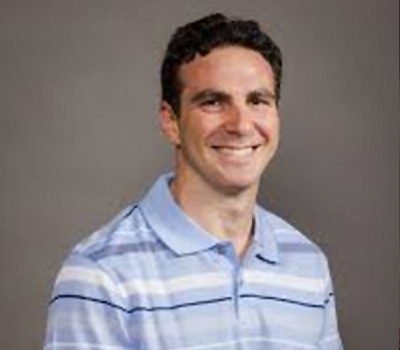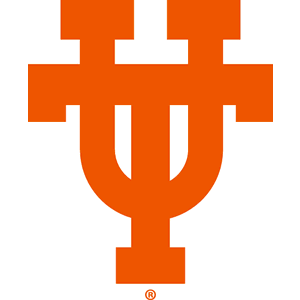Dr. Sulzer is developing individualized therapy for stroke patients
It's very likely that you or the people in your life have been touched by stroke. In the US alone, about one person experiences a stroke every 40 seconds. For survivors, physical therapy is important, but researchers are still unable to explain why it works for some and not for others. Dr. James Sulzer, of The University of Texas at Austin, works to find radically different approaches towards rehabilitation, using expertise in robotics and engineering together with clinical and neural sciences. He forged his research direction as a graduate student at the Rehabilitation Institute of Chicago, the world's leading rehabilitation hospital, and Northwestern University. There he led engineers, neuroscientists, movement scientists and clinicians and developed wearable robotics for walking assistance in stroke patients. He was then awarded a postdoctoral fellowship at the Swiss Federal Institute of Technology, Zurich (ETHZ), the home of Einstein and 21 Nobel Laureates, to pursue his concept of providing brain activity as biofeedback to patients to restore healthy neural function. Despite the risky nature of this new technology, Dr. Sulzer was the first to show that people can self-control a region of their brain that produces dopamine, a neurotransmitter highly involved in learning and potentially rehabilitation. Simultaneously, Dr. Sulzer founded the first international conference in his field, now in its second iteration.
At UT Austin since 2013, Dr. Sulzer has continued to pursue his unique blend of neuroscience and robotics research that focuses on specific problems, resulting in patient-specific interventions like brain-based rehabilitation or customized wearable robotics. There he has already brought together a cadre of multidisciplinary rehabilitation researchers and clinicians in addition to leading his own team of graduate and undergraduate students.
His current research includes:
-
Neurally Guiding Therapy: Dr. Sulzer and his team are leaders in examining how the brain is responding to therapy with the goal of someday being capable of modifying therapy as it is being conducted based upon the brain's response.
-
Wearable Robot: Dr. Sulzer and his team are creating a wearable robot (exoskeleton) designed to restore healthy walking in stroke patients.
- Detailed Diagnoses: Dr. Sulzer's team has been working on the ability to create a detailed diagnosis of stroke and spinal cord injured patients over their first few months of therapy. Such data will help to inform future therapies and treatments for individualized care and inform treatment options for future patients.
Bio
Large scale change can happen with a dedicated group, a lesson that Dr. Sulzer has applied both in his research and outside. As a graduate student at Northwestern, Dr. Sulzer led an entrepreneurial interest group, growing it from four members to well over a hundred in two years. As head of this group, he oversaw the creation of the university's first business plan competition, raising $30,000 of prize money, and its first scientific poster fair, raising $5,000 in funds. Both events continue almost a decade later. Perhaps his most resounding accomplishment as leader of this group was the creation of the flagship course at Northwestern, convincing its prestigious (and sometimes contentious) schools of medicine, engineering, law and business to cooperate and helping lay out the plans for a medical device course that has since become a launchpad for medical innovation startups.
Dr. Sulzer has also founded the first international conference in his field of fMRI-based neurofeedback, bringing together researchers developing new approaches to depression, locked-in syndrome (ALS), addiction and a host of other neurological diseases, representing one of the largest challenges of our day.
In his free time, aside from research, Dr. Sulzer enjoys spending time with his new baby and his wife. He also likes to read about history, exercise, bike to work, cook, and hike.


